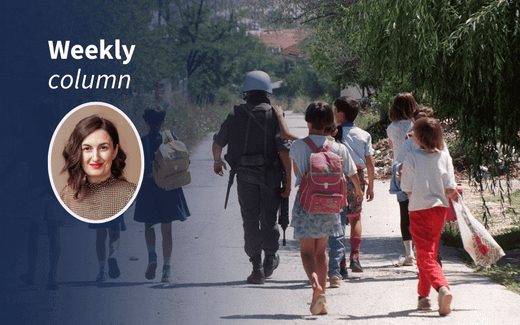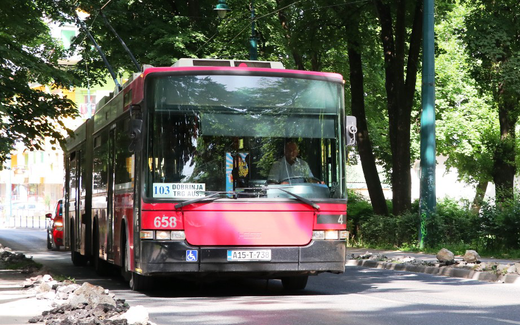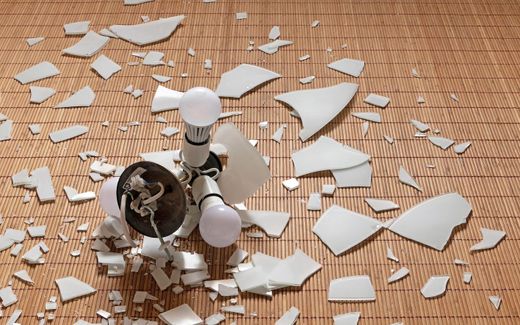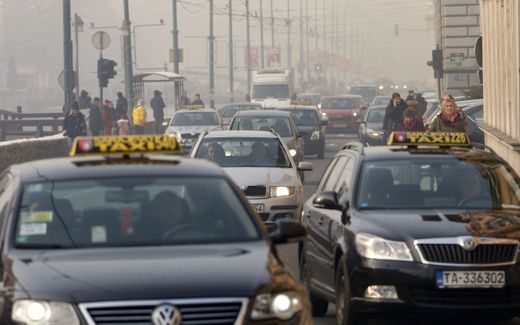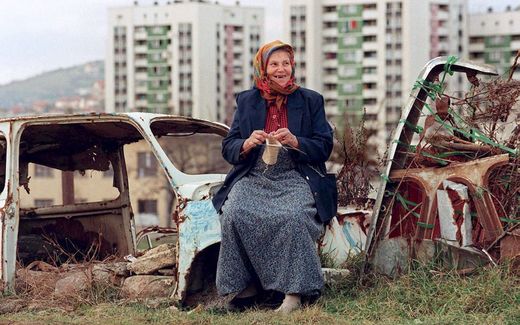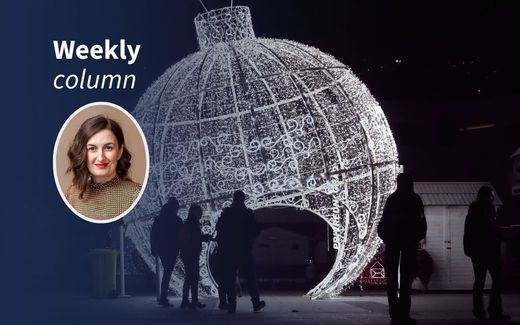How Mirela’s forbears brought all their traumas to Sarajevo
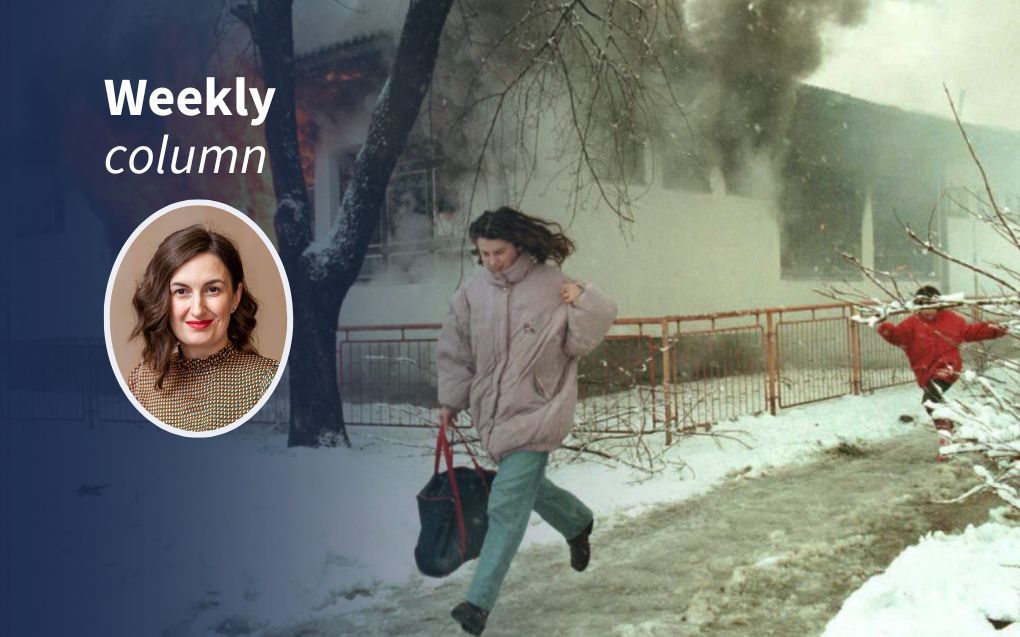
A woman and girl flee from a burning kindergarten in the region of Sarajevo, during the war in 1996. Photo AFP, Dimitri Messinis, Canva
Christian Life
With her grandparents, Mirela could trace back five generations. In each lifetime, there had been a war, and it had shaped the direction of her family.
Stay up to date with Christian news in Europe? Sign up for CNE's newsletter.
Recently, I had a lecture in my Gestalt psychotherapy program about family genograms. For those unfamiliar with the term, a genogram is a visual diagram that maps out a person’s family relationships across several generations.
While it looks similar to a family tree, it goes far beyond biological connections. Genograms include emotional relationships (like conflict, closeness, or emotional cutoff), patterns of behaviour or illness (such as mental health struggles, addictions, or medical conditions), and significant life events (divorce, loss, trauma).
Genograms are often used in therapy, social work, and medicine as tools to understand family dynamics, inherited patterns, and the influences those patterns have on an individual’s psychological and physical health. They allow us to see the bigger picture, not just who is related to whom, but how those relationships function and how they shape our inner world.
The idea sounded too fascinating not to explore myself. Luckily, I still have living grandparents, and this became a beautiful opportunity to sit with them and talk about our family history. What I discovered was both shocking and profoundly moving.
We managed to trace back five generations. I learned that some of my family came from Serbia, some from Montenegro, and most had migrated due to wars. That struck me the most: war was present in every generation, at least one major conflict per lifetime. It shaped the trajectory of my family again and again as a constant, unwelcome guest. A trauma that lingered like a dark cloud, silently passed down through stories, silences, and nervous systems.
As I listened, I started imagining the lives of my predecessors: the fear, the uncertainty of each new day, the inability to plan or dream freely. Always alert, always surviving, never exhaling fully. I recognised that feeling. I have carried it for as long as I can remember. In my bones, I’ve held that anxiety and a deeply ingrained “worst-case scenario” mindset. My family history felt heavy, dense, shadowed.
And yet in all that heaviness, life found a way.
I heard stories of incredible courage. One that stayed with me was about my great-grandfather, who escaped a Nazi concentration camp in Germany by hiding under a train and eventually made it back to Sarajevo. He later took part in the liberation of Sarajevo under German occupation.
One day, while carrying a backpack filled with ammunition, he boarded a city tram, fully aware of the risk. Along the way, he passed public executions: people hanged in the city centre just for being Jewish, as a warning to others. But he kept going. He resisted. He survived. And he helped liberate the city.
Stories like his filled me with awe and a sense of resilience, bravery, and deep will to live.
And as I listened to his story, I couldn’t help but think of the world we live in today. War and suffering still weigh heavily on the soul. We are bombarded with constant threats of destruction and witness the very real devastation of lives in Ukraine, Gaza, Sudan… War is not a thing of the past. It is still here, a dark cloud that lingers above us, casting its shadow far beyond the borders where it erupts.
Because when one part of the Body suffers, the whole Body suffers. We are not separate from one another. The pain of others echoes in all of us, whether we choose to hear it or not.
In the face of that, I hold on to hope. I hope that amid so much pain, we can still find the strength to stand on the side of justice. That we will look beyond fear and difference and see human beings, not enemies. That we will find the courage, just like my great-grandfather once did, to take risks, resist hatred, and stand up for what is right.
We all share a collective family genogram in many ways. As people of the Earth, we carry the memory of its history in our bones. Much of that history is marked by war, displacement, and suffering. Generations of fear and loss echo through all of us.
But here is our question: Will we have the courage to stop passing that dark cloud of trauma forward? Or will we choose, instead, to pass down healing?
We still have that choice. We can choose life. We can reach out our hands in peace, recognition, and love and begin to write a different story for those who come after us.
Related Articles


